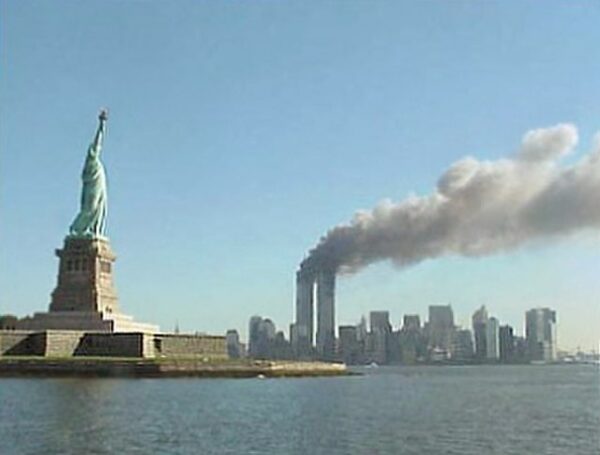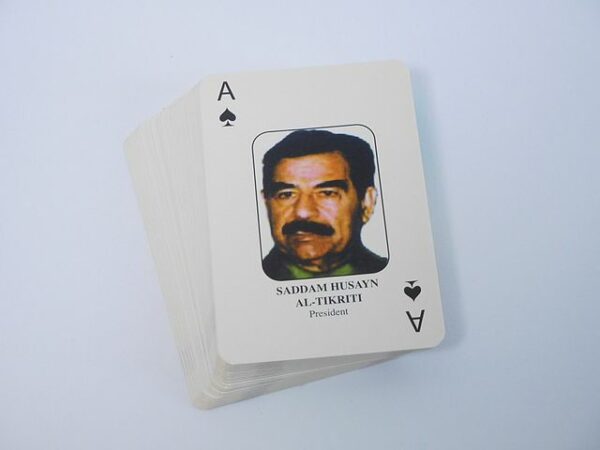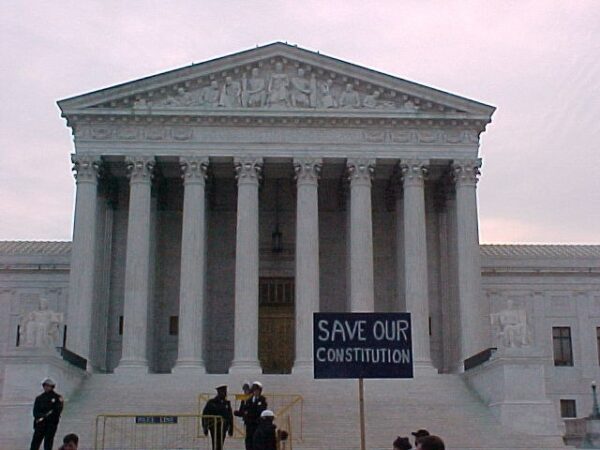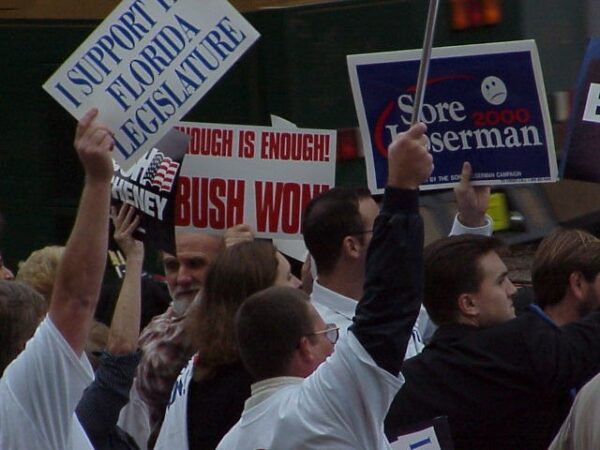On the morning of September 11, 2001, the world witnessed one of the most devastating terrorist attacks in history. Coordinated by the extremist group al-Qaeda, the attacks targeted the United States, leaving a lasting impact on the nation and the world.
At 8:46 AM, American Airlines Flight 11, hijacked by five terrorists, crashed into the North Tower of the World Trade Center in New York City. The impact created a massive explosion, sending shockwaves through the building and causing panic throughout Manhattan. Initially, many believed it was a tragic accident, but within minutes, the reality became clear.
At 9:03 AM, United Airlines Flight 175, also hijacked, slammed into the South Tower of the World Trade Center. The collision was broadcast live, confirming that America was under attack. Both towers, symbols of economic power and global commerce, were now engulfed in flames. The buildings were severely compromised, leading to their catastrophic collapse at 9:59 AM (South Tower) and 10:28 AM (North Tower). The collapse sent massive clouds of dust and debris throughout lower Manhattan, killing thousands and trapping many more in the wreckage.
While New York City was reeling from the devastation, other parts of the country were also under siege. At 9:37 AM, American Airlines Flight 77 crashed into the Pentagon, the headquarters of the United States Department of Defense, located just outside Washington, D.C. The attack caused a partial collapse of the building and resulted in the deaths of 125 military personnel and civilians, along with all 59 passengers and crew aboard the flight.
A fourth plane, United Airlines Flight 93, was also hijacked and was believed to be heading toward another high-profile target in Washington, D.C., possibly the White House or the U.S. Capitol. However, passengers on Flight 93, having learned of the other attacks through phone calls with loved ones, bravely attempted to overpower the hijackers. In the struggle, the plane crashed into a field in Shanksville, Pennsylvania, at 10:03 AM, killing everyone on board but preventing further destruction.
In total, nearly 3,000 people were killed on September 11, including firefighters, police officers, and emergency responders who heroically rushed into the burning buildings to save others. The attacks also left thousands more injured and led to a profound sense of shock and grief across the nation and the world.
The immediate aftermath of the attacks saw an unprecedented outpouring of international sympathy and support for the United States. However, the events of 9/11 also led to significant changes in U.S. domestic and foreign policy. President George W. Bush declared a “War on Terror,” leading to the invasion of Afghanistan in October 2001, where the Taliban regime, which had harbored al-Qaeda, was overthrown. The U.S. also intensified efforts to dismantle al-Qaeda’s global network, leading to the eventual killing of Osama bin Laden in 2011.
Domestically, the attacks resulted in the creation of the Department of Homeland Security, the enactment of the USA PATRIOT Act, and significant changes to airport security protocols, all aimed at preventing future terrorist activities. The legacy of 9/11 has also been marked by ongoing debates about civil liberties, government surveillance, and the balance between security and freedom.
Every year on September 11, memorial services are held across the United States to honor the victims and reflect on the impact of that day. The National September 11 Memorial & Museum, located at the site of the former World Trade Center, serves as a powerful reminder of the lives lost and the resilience of those who survived.
The attacks of September 11, 2001, forever changed the course of history. It was a day of immense tragedy, but it also highlighted the strength and unity of people in the face of unimaginable horror. As the world remembers the events of that day, the lessons learned continue to shape global policies and collective efforts to ensure such an atrocity never happens again.






